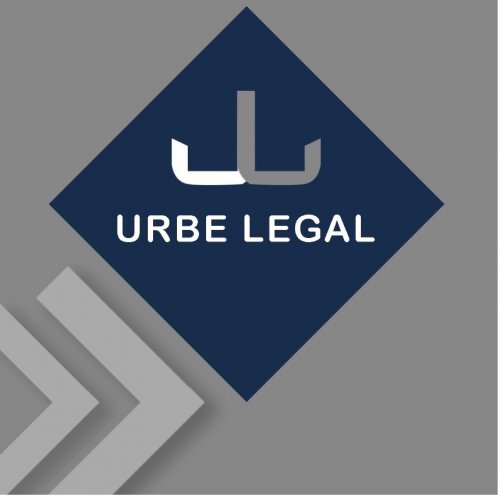Best Landlord & Tenant Lawyers in Guatemala City
Share your needs with us, get contacted by law firms.
Free. Takes 2 min.
Free Guide to Hiring a Real Estate Lawyer
List of the best lawyers in Guatemala City, Guatemala
About Landlord & Tenant Law in Guatemala City, Guatemala:
Landlord and tenant law in Guatemala City, Guatemala governs the rights and obligations of both parties involved in a rental agreement. These laws outline the responsibilities of landlords and tenants, as well as the legal procedures for disputes and contract enforcement. Understanding these laws is essential for a smooth landlord-tenant relationship.
Why You May Need a Lawyer:
There may be several situations where seeking legal advice from a lawyer specialized in landlord and tenant law is beneficial. Some common scenarios include:
- Eviction or lease termination disputes
- Unlawful rent increases or security deposit deductions
- Violation of tenant rights or breach of lease agreements
- Non-payment of rent or failure to maintain the property
- Illegal or unfair eviction attempts by landlords
Local Laws Overview:
Key aspects of the local laws related to landlord and tenant matters in Guatemala City, Guatemala include:
- Lease agreements must be in writing and include details such as the period, rent amount, and property conditions.
- Both landlords and tenants have specific obligations, such as maintaining the property and paying rent on time.
- Evictions must follow a legal process outlined in the law, and landlords cannot force tenants out without proper notice and justification.
- Tenant rights protect against unfair practices, including unreasonable rent increases and improper use of security deposits.
- Any disputes between landlords and tenants can be resolved through negotiation, mediation, or legal action if necessary.
Frequently Asked Questions:
1. Can a landlord evict a tenant without proper notice?
No, a landlord cannot evict a tenant without providing proper notice and going through the legal eviction process outlined in the law.
2. Can a landlord increase the rent arbitrarily?
No, landlords cannot increase the rent arbitrarily. Any rent increase must comply with the laws governing landlord-tenant relations.
3. What can tenants do if the landlord is not maintaining the property?
If the landlord fails to fulfill their responsibility of maintaining the property, tenants can request repairs in writing and may have the right to withhold rent or terminate the lease if the issue persists.
4. Are security deposits refundable?
Security deposits are generally refundable in Guatemala City, but landlords may deduct unpaid rent or damages from the deposit before returning it to the tenant.
5. Can a landlord enter the rental property without the tenant's permission?
No, landlords must provide notice and obtain the tenant's consent before entering the rental property, except in emergency situations.
Additional Resources:
For further assistance and information regarding landlord and tenant matters in Guatemala City, Guatemala, you may find the following resources helpful:
- Ministry of Housing and Urban Development: www.mivivienda.gob.gt
- Guatemala City Board of Realtors: www.guatemalacityrealtors.gt
Next Steps:
If you require legal assistance or advice regarding landlord and tenant issues in Guatemala City, it is recommended to consult with a lawyer specializing in this area of law. They can guide you through the specific details of your situation and provide appropriate legal advice and representation.
Lawzana helps you find the best lawyers and law firms in Guatemala City through a curated and pre-screened list of qualified legal professionals. Our platform offers rankings and detailed profiles of attorneys and law firms, allowing you to compare based on practice areas, including Landlord & Tenant, experience, and client feedback.
Each profile includes a description of the firm's areas of practice, client reviews, team members and partners, year of establishment, spoken languages, office locations, contact information, social media presence, and any published articles or resources. Most firms on our platform speak English and are experienced in both local and international legal matters.
Get a quote from top-rated law firms in Guatemala City, Guatemala — quickly, securely, and without unnecessary hassle.
Disclaimer:
The information provided on this page is for general informational purposes only and does not constitute legal advice. While we strive to ensure the accuracy and relevance of the content, legal information may change over time, and interpretations of the law can vary. You should always consult with a qualified legal professional for advice specific to your situation.
We disclaim all liability for actions taken or not taken based on the content of this page. If you believe any information is incorrect or outdated, please contact us, and we will review and update it where appropriate.











